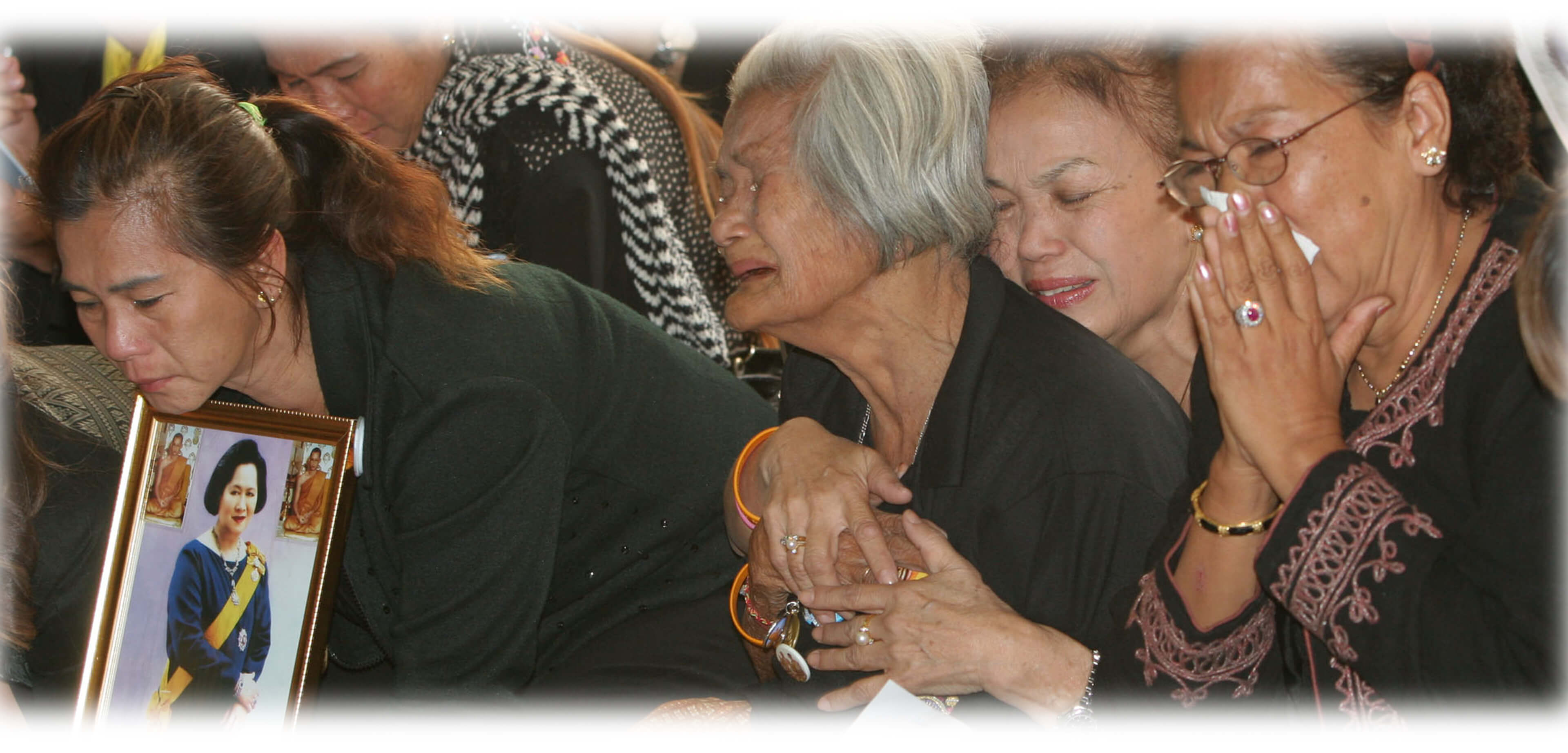Final Journey Of President Carter: A Nation Mourns At The Nation's Capital
The nation bid farewell to its 39th President, Jimmy Carter, in a state funeral held at the US Capitol on Saturday, February 18, 2023. The event was a solemn occasion, marked by both grief and gratitude for the life and legacy of the former President. This article will critically examine the complexities of the final journey of President Carter, exploring various perspectives and providing insights into the broader implications of his passing.
A Life in Service
Jimmy Carter was born on October 1, 1924, in Plains, Georgia. He served as the 39th President of the United States from 1977 to 1981 and is widely recognized for his work in promoting peace and human rights worldwide. In the years following his presidency, Carter remained an active advocate for global health, democracy, and social justice through his work with The Carter Center.
A State Funeral at the Nation's Capital
The state funeral for President Carter was held at the US Capitol Rotunda, a hallowed space that has hosted the funerals of other notable American leaders. The event was attended by current and former presidents, world leaders, dignitaries, and Carter's family and friends. The ceremony included readings, prayers, and musical performances that celebrated Carter's life and legacy.
National Mourning and Respect
The death of President Carter was met with an outpouring of national mourning and respect. Flags across the country were flown at half-staff, and tributes poured in from politicians, celebrities, and ordinary citizens alike. Carter's passing was seen by many as the loss of a true statesman and humanitarian who dedicated his life to making the world a better place.
Perspectives on Carter's Legacy
The legacy of President Carter is complex and multifaceted. Supporters praised his unwavering commitment to human rights, his work to promote peace in the Middle East, and his dedication to fighting poverty and disease. Critics, however, pointed to his struggles with inflation and the Iranian hostage crisis during his presidency.
Beyond Domestic and Global Impact
Carter's Role in the Camp David Accords:
One of the most significant achievements of Carter's presidency was the Camp David Accords, which led to a peace treaty between Egypt and Israel in 1978. This agreement was a major breakthrough in the efforts to resolve the Arab-Israeli conflict and is considered one of Carter's most enduring foreign policy accomplishments.
The Carter Center's Humanitarian Work:
Following his presidency, Carter established The Carter Center, a nonprofit organization that has worked in over 80 countries to promote human rights, democracy, and peace. The Center's programs have focused on health, education, and economic development, particularly in developing countries.
Broader Implications of Carter's Passing
The death of President Carter marks the end of an era in American politics and global diplomacy. His passing also raises questions about the future of the Democratic Party and the role of former presidents in public life. Carter's legacy will undoubtedly continue to be debated and discussed for years to come.
Conclusion
The final journey of President Jimmy Carter was a solemn and poignant occasion that honored the life and legacy of a remarkable American leader. Carter's accomplishments in the fields of human rights, peacemaking, and humanitarian aid have left a lasting impact on the world. His passing is a reminder of the importance of public service and the enduring power of compassion and determination.
Read also:
House Hearing Erupts: Congresswoman Challenges Colleague To 'Take It Outside'
Unveiling The Enigma: The Notorious Santa Ana Winds
Miami Heat's Jimmy Butler Vaguely Addresses Latest Trade Rumors

